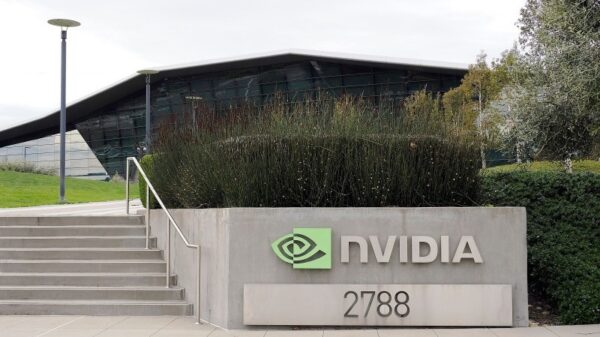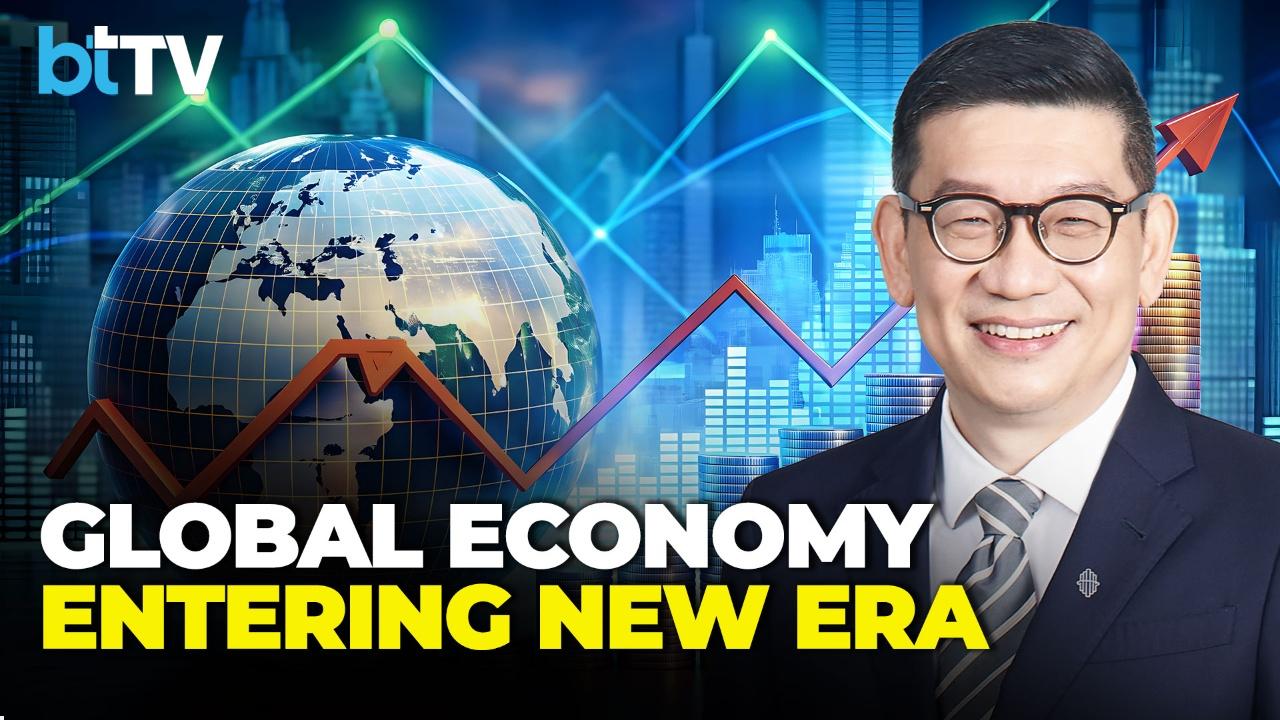At the 2025 Bloomberg New Economy Forum held in Singapore, GIC CEO Lim Chow Kiat addressed the profound transformations currently shaping the global economy. He indicated that both cyclical and structural forces remain relevant, yet foundational shifts are now taking precedence, particularly those driven by artificial intelligence (AI), geopolitics, and climate change. These elements are contributing to economic fragmentation, increasing business and defense costs, and exacerbating inflationary pressures.
Lim emphasized the emergence of a potential K-shaped future, where well-established corporations and technology-driven incumbents may secure a competitive advantage if they are agile enough to adapt to these evolving challenges. The implications for capital allocation and competitive dynamics are significant, and Lim pointed out that companies rich in data could emerge as the primary victors in this new AI-centric era.
Industry Impact
The transformations articulated by Lim underscore a pivotal moment for businesses, policymakers, and stakeholders within the AI ecosystem. As companies navigate these shifts, the ability to leverage data and technological advancements will likely determine success. Lim’s insights highlight that those organizations capable of rapid adaptation are not just likely to survive but may also thrive in an increasingly complex world.
The shift towards a K-shaped economy suggests that while some sectors will flourish, others may struggle. This bifurcation could lead to heightened competition among tech companies and traditional industries alike, compelling them to invest further in AI and data analytics to remain relevant. The implications extend beyond individual companies, influencing broader market dynamics and potentially altering investment strategies.
Market or Policy Context
The interplay between AI advancements and geopolitical tensions is particularly noteworthy. Governments and organizations are actively re-evaluating their strategies to address these foundational shifts. The increasing costs attributed to defense and business operations, driven by these global trends, may necessitate policy changes aimed at fostering innovation and encouraging resilience within economies.
Moreover, as inflationary pressures continue to mount, companies are likely to reassess their operational frameworks. Lim’s observations suggest a future where capital allocation will increasingly favor data-driven initiatives, underscoring the importance of AI and machine learning technologies. This shift could lead to a landscape where agility and data utilization become crucial determinants of success.
As AI continues to evolve, its role in shaping industries ranging from finance to healthcare becomes ever more critical. Organizations that proactively embrace AI stand to gain invaluable insights, streamline operations, and enhance decision-making processes, further solidifying their competitive edge.
Lim Chow Kiat’s remarks at the Bloomberg New Economy Forum serve as a clarion call to businesses and policymakers. The convergence of AI, geopolitics, and climate change presents both challenges and opportunities that must be navigated thoughtfully. As the future unfolds, the ability to adapt to these foundational shifts will be paramount for success in the global economy.
See also Microsoft Faces Backlash Over Windows 11’s Shift to “Agentic OS” with AI Features
Microsoft Faces Backlash Over Windows 11’s Shift to “Agentic OS” with AI Features India’s AI Ecosystem Poised for Growth with $15B Investments, Capacity-First Strategy
India’s AI Ecosystem Poised for Growth with $15B Investments, Capacity-First Strategy Google Aims to Double AI Serving Capacity Every Six Months Amid Rising Demand
Google Aims to Double AI Serving Capacity Every Six Months Amid Rising Demand PayPal Stock Soars 4.3% on AI-Driven Commerce Partnership Amid Fed Rate Cut Hopes
PayPal Stock Soars 4.3% on AI-Driven Commerce Partnership Amid Fed Rate Cut Hopes Microsoft Replaces BSOD with Black Screen, Launches Auto-Hide Feature for Public Displays
Microsoft Replaces BSOD with Black Screen, Launches Auto-Hide Feature for Public Displays

































































